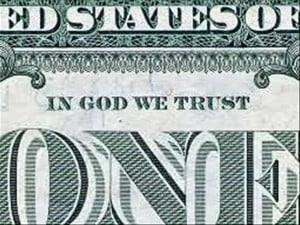Time and again the Bible makes clear that what God demands and takes pleasure in is not acts of piety and the scrupulous following of purity codes. Instead, God asks His followers to witness love through our actions and the policies we enact in government, business, and all other institutions. Special condemnation is always reserved for those in power (either government or business) who use that power for their personal gain instead of viewing their power through the lens of stewardship and service and seeking to use it to further God’s Kingdom and lift up his children, especially the least and the last.
As Republicans work to roll back oversight of Wall St and workplace protections, while slashing funding for food stamps and Section 8 Housing, they might do well to heed the words of Isaiah: “You seem eager for God to come near you. Yet on the day of your fasting, you do as you please and exploit all your workers. Yet is not this the kind of fasting I, your Lord, have chosen: to loose the chains of injustice…to share your food with the hungry and to provide the poor wanderer with shelter—when you see the naked, to clothe them?” (Isaiah 58: 2-7).
“The Lord takes his place in court and rises to judge his people. He enters into judgment against the elders and leaders of his people saying, “It is you who have ruined my vineyard; the plunder from the poor is in your houses” (Isaiah 3:14).
“He who oppresses the poor shows contempt for their Maker, but whoever is kind to the needy honors God” (Proverbs 14:31).
There are obvious parallels between ancient Jerusalem and the post-Citizen’s United America in which we find ourselves where politicians care more about their corporate funders than American families. Isaiah expressed his displeasure with a corrupt government by stating, “Everyone loves a bribe and runs after gifts. They do not defend the cause of the fatherless. The widow’s cause does not come before them.” (Isaiah 1:28).
Read Part 3: The Policy Implications of Praying, “Thy Kingdom Come…”











